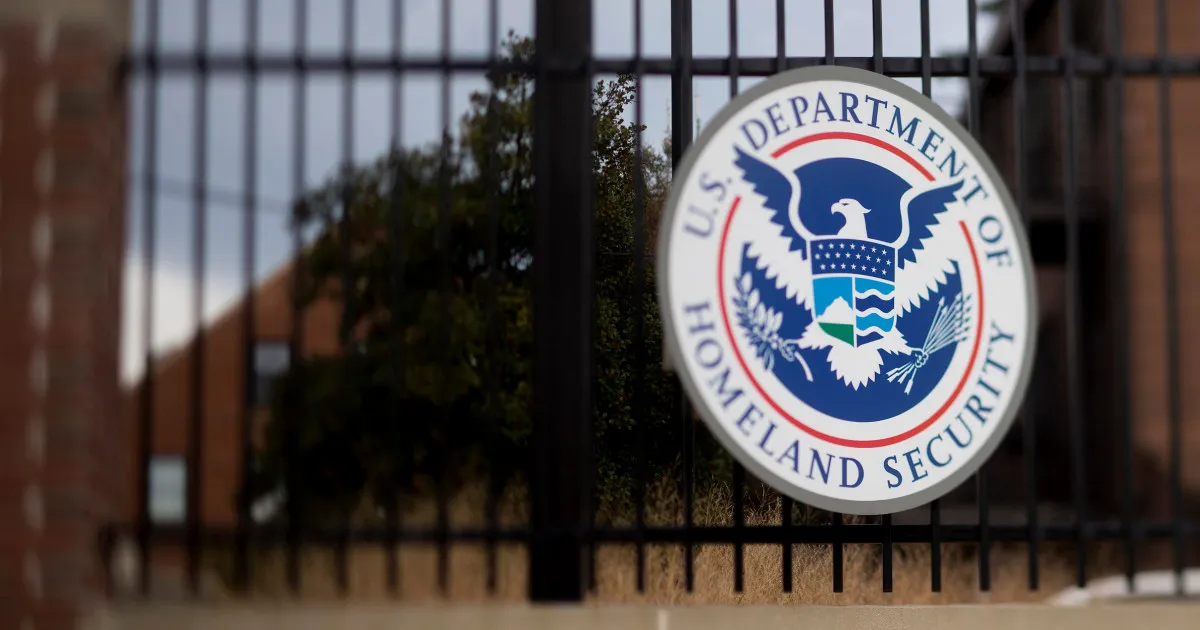
In a distressing turn of events, two mothers facing deportation were permitted minimal contact with their families before being sent back to Honduras, raising significant legal and ethical questions. One mother was granted less than two minutes on the phone with her husband to discuss the future of their 2-year-old U.S. citizen son. Another mother, despite having U.S.-born children, including one battling Stage 4 cancer, was not allowed to communicate with legal representatives or family members prior to her deportation.
Attorneys representing these mothers have condemned the actions of officials within the Trump administration, asserting that the deportations of three U.S. citizen children over a recent weekend, including a 4-year-old boy who left without access to his essential cancer medications, are illegal. They are contesting claims made by administration officials that the families voluntarily chose for their children to accompany them. On Monday, Tom Homan, the administration's border “czar,” stated that the deported children were placed on flights at their mothers’ request.
Secretary of State Marco Rubio echoed this sentiment, asserting that the children were not forcibly deported but “went with their mothers,” suggesting that as U.S. citizens, they could return if someone in the U.S. was willing to care for them. However, attorneys involved have provided evidence indicating that the mothers had little opportunity to arrange proper care for their children prior to their deportations. “ICE ran out the clock on their attempts to help the families make arrangements for the children,” stated Sirine Shebaya, executive director of the National Immigration Project.
Shebaya emphasized the urgency for an investigation into these swift deportations, stating, “This is very much a situation that really requires an investigation and some kind of accountability.” Assistant Homeland Security Secretary Tricia McLaughlin responded via email, expressing confidence in the agency’s processes and maintaining that there is documentation affirming it was the parents' choice for the children to accompany them. “We take our responsibility to protect children seriously,” she added.
In an interview, Mich P. González, the attorney for one mother deported with her 2-year-old child, revealed that the mother had been instructed to attend an immigration check-in that had been rescheduled to an earlier date. Gracie Willis, another attorney from the National Immigration Project, claimed that at every stage, ICE obstructed any communication between the family and legal representatives. The child’s father barely had a chance to discuss care options before an ICE officer abruptly ended the call as he attempted to share an attorney's contact information.
ICE has presented a one-page note purportedly written by the mother, which they claim shows her consent for the deportation of her 2-year-old. However, González argued that the note does not indicate her desire to consent and instead reflects her feeling of being coerced into the decision. “She felt absolutely forced to write this,” González stated, highlighting the emotional and legal turmoil surrounding this situation.
Attorneys representing the mother of the child with cancer have disclosed that she, along with her 7-year-old U.S. citizen daughter, was flown to Honduras without being allowed to communicate with family or legal counsel. The American Civil Liberties Union asserted that ICE was informed ahead of time regarding the child's medical needs. “She did not sign anything, did not write anything, and did not consent to anything expressly,” González clarified, emphasizing the mother's desperate attempts to contact her attorney.
The situation has raised alarms among legal advocates, particularly as similar cases emerge where mothers' deportations jeopardize the well-being of their U.S. citizen children. In Florida, America Perez Ramirez, a 52-year-old mother, received a notice from the Department of Homeland Security mandating her to check in at an ICE office while bringing tickets for direct deportation to Mexico with her 11-year-old daughter, Yoselin, who suffers from a life-threatening genetic disorder.
Perez Ramirez’s daughter requires ongoing medical care that is crucial for her survival. Previously, Perez Ramirez had received multiple stays of deportation under different administrations due to her daughter's serious health condition, but this time, officials denied their request for another stay. “The only thing that kept her here was the fact that her daughter’s passport is expired,” stated Bridgette M. Bennett, Perez Ramirez’s attorney, who is working to prevent her deportation.
This troubling series of events underscores the urgent need for comprehensive reforms within the U.S. immigration system, particularly regarding the treatment of families with U.S. citizen children and the prioritization of their health and safety during deportation proceedings. Legal advocates continue to call for accountability and changes to ensure that the rights and welfare of vulnerable families are protected.